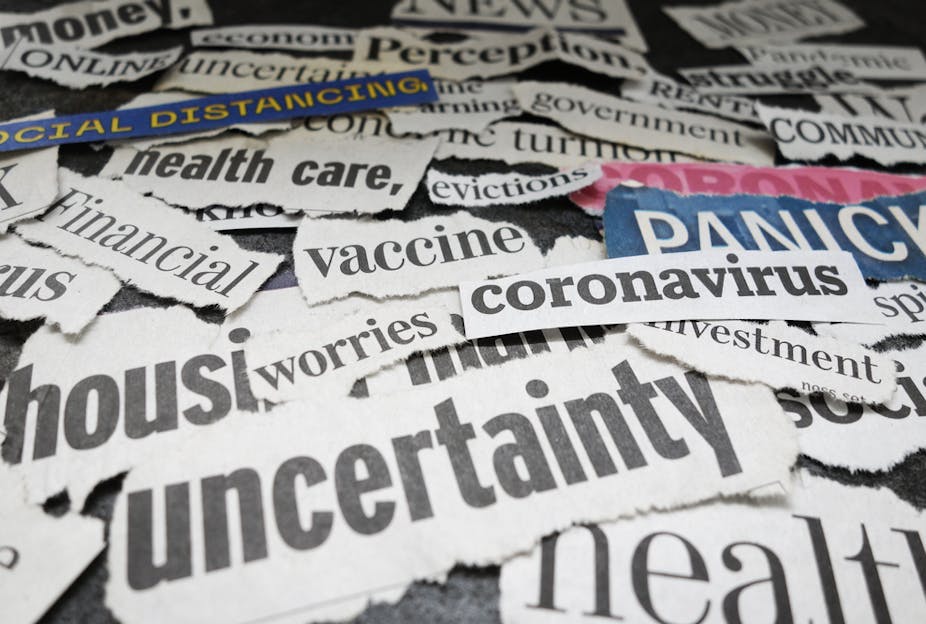In 2021 the reverberations of the COVID-19 pandemic are still being acutely felt. Policymakers have been forced to battle on numerous fronts: containing the virus while trying to mitigate the worst of its social and economic impacts. The mass furloughing of employees and the closure of schools are just two of the policies we’ve seen that would have been hard to imagine at the start of 2020, when news of COVID-19 was first emerging.
It’s clear there are longer-term impacts that will play out over the coming months and for years – some of which may not even have fully emerged yet. Decision-makers in all UK nations must draw on the latest research, knowledge and evidence from across the globe if they are to find the most appropriate solutions to such complex and fast-moving societal challenges.
In response to this need, The Conversation has joined a collaboration of universities from across the UK and beyond to establish the International Public Policy Observatory (IPPO). As part of its mission, we will be hosting a series of webinars that bring together academics, policymakers and wider thinkers to discuss how best to tackle the lasting impacts in areas such as mental health and wellbeing, education, online life, housing and care, with particular emphasis on the communities who have been hardest hit by COVID-19.

The first in this series of webinars – taking place at 2pm BST on March 30 2021 – will kick off by asking: what are the key social impacts of the pandemic, and how should we begin to address them? Jo Adetunji, Managing Editor of The Conversation, will chair the event. She will be joined by:
Sir Geoff Mulgan, IPPO project lead and Professor of Collective Intelligence, Public Policy and Social Innovation at UCL;
Hetan Shah, Chief Executive of the British Academy; and
Deirdre Heenan, Professor of Social Policy at Ulster University.
The webinar will be free to watch directly via Facebook, YouTube and on Twitter. No registration is needed.
IPPO was commissioned by the Economic and Social Research Council (ESRC) in response to COVID-19, to develop a knowledge system that is quick and responsive while also grounded in the latest and most robust evidence; globally informed but locally relevant. That means having plenty of conversations, listening hard to what decision-makers are grappling with, and bringing the providers of knowledge together with the users. To find out more and get involved with this groundbreaking project, get in touch here.

